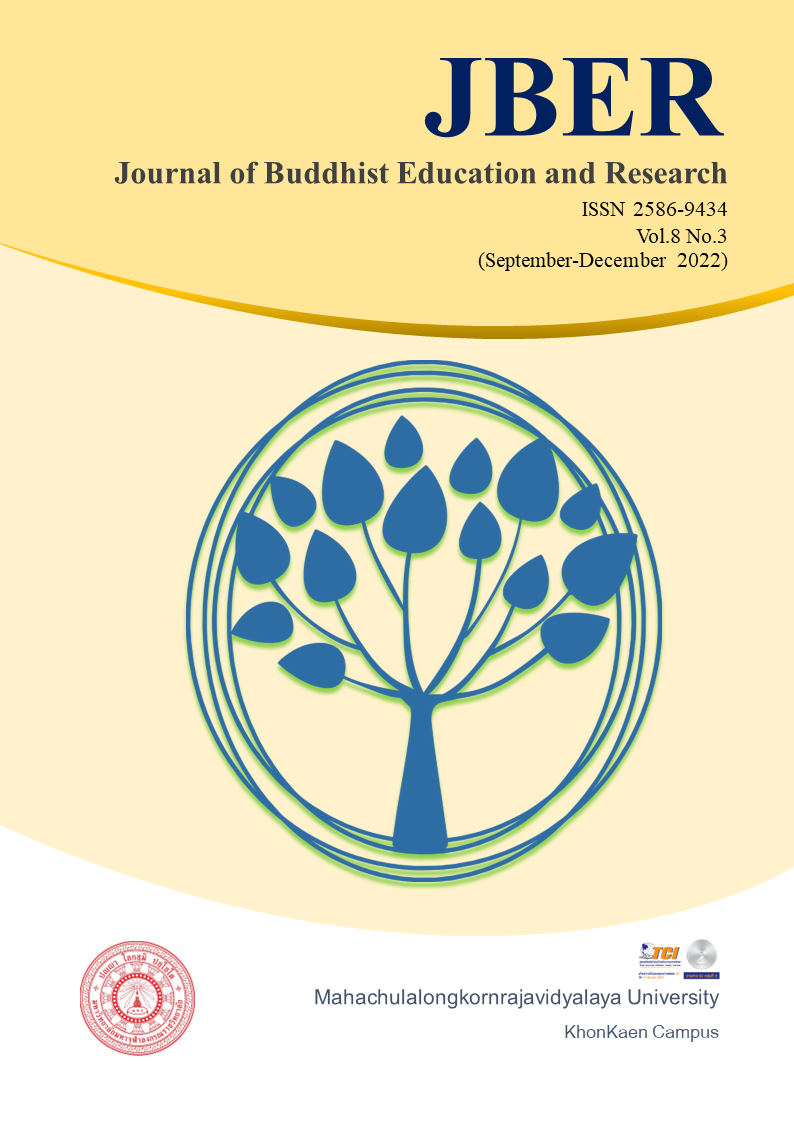A STUDY OF THE IMPACTS OF PERCEIVED VALUE ON USERS’WILLINGNESS TO CONTINUE PARTICIPATION BASED ON THE PERSPECTIVE OF ONLINE CAUSE-RELATED MARKETING
Keywords:
Perceived Value; Willingness to Continue Participation Intention; Online Cause-Related Marketing.Abstract
At present, with the continuous development of the Internet, companies regard the Internet as an important approach to marketing. Online cause-related marketing activities are brand new marketing activities in which companies use their own online platforms to cooperate with charitable organizations, attracting users to continue participating. The willingness of users to continue participating is an important indicator to measure the success of marketing activities. According to previous studies on the online cause-related marketing, "Ant Forest" is considered as a relatively mature case incorporating the online cause-related marketing activities. Therefore, this thesis takes the users of "Ant Forest" as the survey samples and puts forward the research topic after discussion and analysis. This thesis uses literature analysis to divide perceived value into four dimensions including perceived entertainment, perceived usefulness, perceived ease of use, and social influence. Through empirical research, it is found that social influence continues to affect users. Participation willingness has a significant positive impact. Perceived usefulness has the smallest positive impact on the willingness of users to participate in the four dimensions. Based on the research results, this thesis provides some suggestions for enterprises to organize online cause-related marketing activities.
References
Bhattacherjee, A. (2001). Understanding Information systems continuance: an expectation-confirmation model. MIS Quarterly, 25(3), 351-370.
Hee-Woong, K., Hock, C.C., & Sumeet, G. (2005). Value-based Adoption of Mobile Internet: An empirical investigation. Decision Support Systems, 43(1), 111-126.
Jae-Eun, K., & Kim, K.P. Johnson. (2013). The Impact of Moral Emotions on Cause-Related Marketing Campaigns: A Cross-Cultural Examination. Journal of Business Ethics, 112(1), 79–90.
Teke, A., Cengiz, E., Çetin, M., Demie, C. Kirkbir, F., & Fedai, T. (2012). Analysis of the multi-item dimensionality of patients’ perceived value in hospital services. Journal of Medical Systems, 36(3), 1301-1307.
Viswanath, V., & Fred, D. Davis. (2000). A Theoretical Extension of the Technology Acceptance Model: Four Longitudinal Field Studies. Management Science, 46(2), 182-204.
Yung-Shen, Y. (2011). The Impact of Perceived Value on Continued usage Intention in Social Networking Sites. 2011 2nd International Conference on Networking and Information Technology, (17), 217-223.





